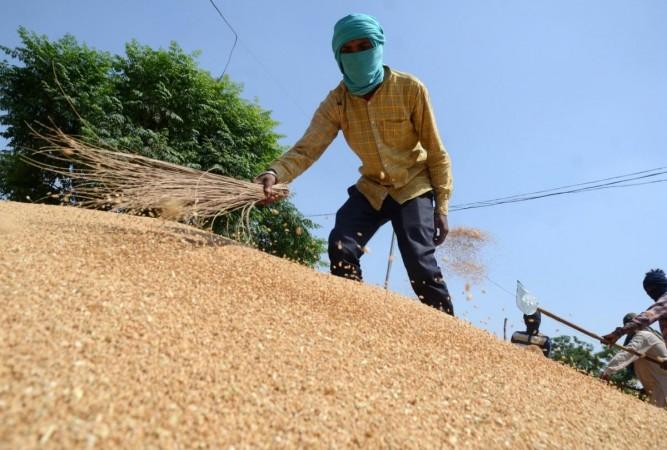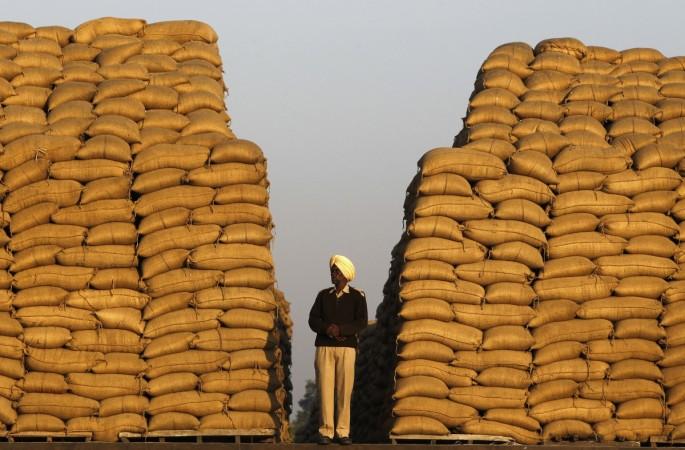The Indian government has announced a plan to build the world's largest grain storage capacity in the country's cooperative sector, with a budget of Rs 1 lakh crore. The Union Cabinet, chaired by Prime Minister Narendra Modi, approved the proposal and also set up an inter-ministerial committee, headed by Union Minister of Cooperation Amit Shah, to oversee the project.
The scheme, which aims to save food grains, reduce their imports, provide better remuneration to growers, and create job opportunities, will be implemented by integrating various schemes of ministries such as Agriculture, Food Processing Industries, Consumer Affairs, Food, and Public Distribution.

The inter-ministerial committee, which includes ministers and secretaries from relevant ministries, will decide how to utilize the funds from different schemes for the ambitious project. The government plans to converge schemes such as the Agriculture Infrastructure Fund, Agricultural Marketing Infrastructure Scheme, Mission for Integrated Development of Horticulture, and Sub Mission on Agricultural Mechanization. The storage capacity scheme aims to increase India's storage capacity, which currently stands at 47% of its total production. The country's current storage capacity is 1450 lakh tonnes, and the new scheme aims to add 700 lakh tonnes of capacity over the next five years.
Farmers will be able to get 70% of loans from the Primary Agricultural Credit Societies (PACS) after storing their produce in the godowns. The plan envisions godowns at the level of PACS, which can undertake activities such as functioning as procurement centres for state agencies and the Food Corporation of India, serving as Fair Price Shops, setting up custom hiring centres, and establishing common processing units for agricultural produce. The pilot project will be implemented in at least 10 selected districts of different states and UTs in the country to provide valuable insights into regional requirements for the project. The committee will be empowered to modify guidelines and implementation methodologies of the schemes of respective ministries as and when needed.

To ensure timely and uniform implementation of the plan in a professional manner, the Ministry of Cooperation will implement the pilot project. The implementation guidelines will be issued within 15 days of the Cabinet approval, and a portal for linking PACS with the government of India and state governments will be rolled out within 45 days. The plan is expected to revolutionize India's agricultural infrastructure by facilitating the establishment of godowns at the PACS level. It aims to address the shortage of storage facilities in the country, reduce food wastage, and ensure food security for the growing population. The plan is multi-pronged, with a focus on enhancing the role of PACS in various activities related to agriculture.

















